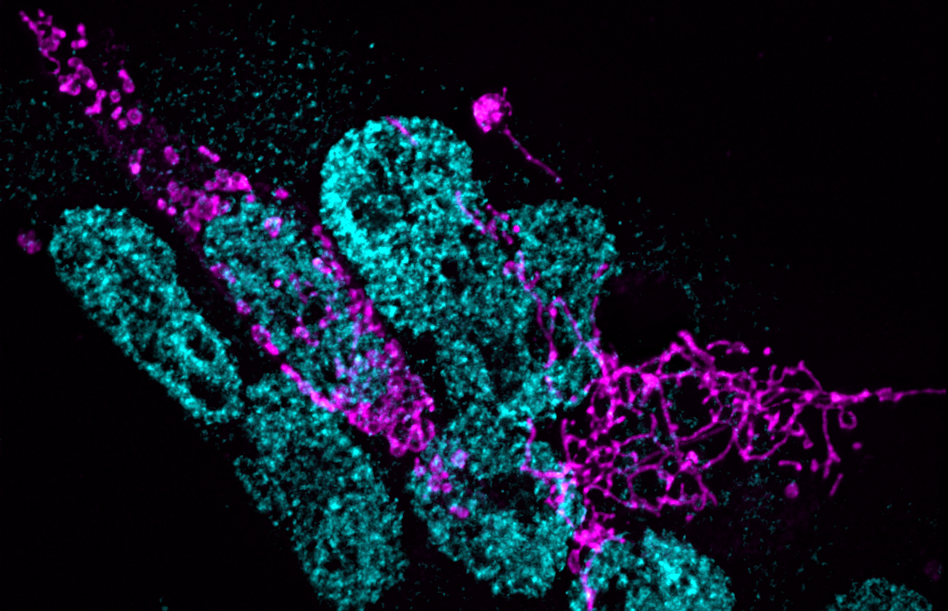
Mitochondria are highly dynamic organelles that play fundamental roles in pivotal cellular processes, and their dysfunction results in the development of many types of diseases. Fusion and fission of mitochondria (termed mitochondrial dynamics) play a critical role in regulating many mitochondrial activities, including metabolism, apoptosis and mitochondria-to-nucleus communications. Thus, the “freedom” of mitochondria to change their morphology - mitochondria plasticity – is fundamental for regulating the fate of our cells. Many of the studies in our laboratory are focused on a novel mitochondrial protein named mitochondrial carrier homolog 2 (MTCH2) and its ligand BID that play important roles in regulating apoptosis, metabolism, and mitochondrial dynamics (Kamer et al, Cell 2005; Zaltsman et al, Nat Cell Biol2010; Maryanovich et al, Nat Cell Biol 2012, Buzaglo et al, Cell Rep 2016; Bahat et al, Nat Comm 2018). MTCH2 knockout in mice results in embryonic lethality at embryonic day 7.5, and conditional knockout of MTCH2 in several different mouse tissues results in significant alterations to mitochondria function and morphology leading to changes in cell fate and disease outcome. Thus, the mission of our laboratory is to determine the exact function of MTCH2 and its partners in regulating mitochondrial plasticity, and to use our findings to combat the many diseases resulting from mitochondrial dysfunction
